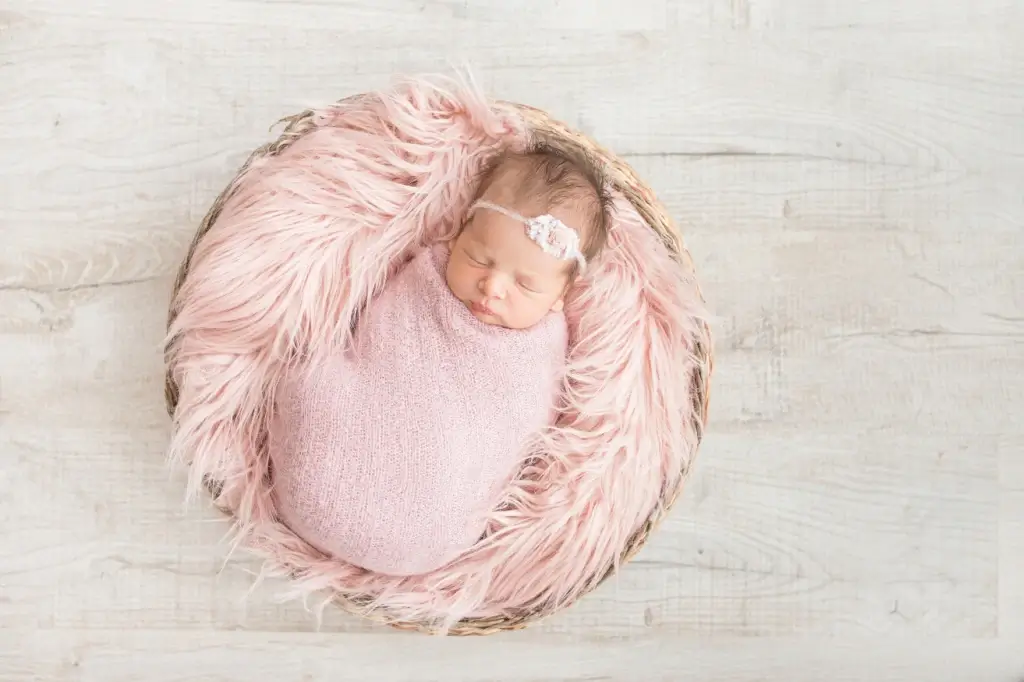The first days after birth are stressful for both the new family member and his or her parents. The child must adapt to the new conditions in which it finds itself. It is a time that is both beautiful and challenging for young parents, especially for the mother, who is weakened after leaving the hospital and returning home, but has to take care of the newborn 24 hours a day, which she often does for the first time in her life. That’s why a newborn’s first days at home are an exam that must be passed.
Why is she crying like that?
A new mother has to get used to the fact that her baby cries. This is completely normal, because this is how he communicates with his mother. Usually the best way to soothe tears is to hug your baby or put him to your breast. After birth, a baby needs the warmth and scent of its mother because it gives it a sense of security; it also needs silence, dimmed lights, and being wrapped tightly because it has been developing in these conditions up until now. If your baby starts crying, stay calm because your baby can sense your nervousness. Also try proven methods – the noise of a hair dryer, rocking, kangaroo care, this will help your baby calm down faster.
How often to feed a newborn?
Experts recommend breastfeeding your baby, especially during the first months of life. Breast milk contains all the nutrients needed for development, as well as antibodies and stem cells that protect against disease. If for some reason you do not want to or cannot breastfeed, give your baby formula chosen by your doctor.
Feeding a newborn should take place on demand, but it is worth knowing that there are children who demand the breast not out of hunger, but out of the need for closeness, and there are those who “forget” to wake up to eat. Therefore, it is worth checking whether the child is eating enough. During the first 4 weeks of life, a baby should have 6-8 diapers a day and gain about 15-30 g per day.
It is worth remembering that lactation does not start immediately, and a newborn does not learn to suckle immediately, although this is a natural reflex. If your baby has difficulty latching on, ask your community midwife for advice on how to care for your newborn.
How much does a baby sleep?
In the first days of life, a newborn sleeps a lot, up to 16 hours a day. As time passes he will more than sleep. During the first weeks, the baby wakes up every 2-3 hours during the day and at night. This is because it does not distinguish between day and night, and it gets hungry quickly.
Many specialists recommend that babies sleep separately in their own bed due to the risk of pressing their bodies against the baby, but many mothers choose to sleep together – it is easier for them to cope with frequent night wakings. If you also want to sleep with your baby, provide him with maximum safety in your bed.
Newborn care
You don’t need to bathe a tiny baby every day, but you do need to take care of your newborn’s navel and intimate areas every day. The umbilical cord stump will fall off after approximately 10-15 days. Until then, it is cleaned with a gauze pad soaked in antiseptic fluid (not alcohol). It is better not to soak it in the bathtub or cover it with a diaper so that it dries faster.
Every day, wash your baby’s face, ears and eyes, and the folds of his or her neck, where sweat and food remains often accumulate. Clean your intimate areas with a cotton pad and water or wet wipes without fragrances or preservatives after every diaper change. If your baby’s nappies are changed regularly, diaper rashes should not occur, but if they do occur, apply a cream such as one with zinc.
How to dress a baby in the first weeks of life?
A newborn does not have a developed thermoregulation system and requires slightly warmer conditions than an adult, but it should not be overheated – a sweaty baby will catch a cold more easily. A baby should wear one more layer of clothing than his mother.
You don’t have to put a hat on your baby at home, unless after a bath, in winter, when the temperature in the house is below 18 degrees. Wrap your baby in a baby blanket or a diaper only in the first weeks of life, then give him the freedom of movement needed for proper development.
If your baby was born in autumn or winter, take him or her for the first walk after a week or two, depending on the weather, or in spring and summer – even a few days after birth. Start with short trips lasting a few minutes, but then regularly walk your baby outdoors.
Take care of yourself
During the first days after giving birth, due to hormonal changes, many women suffer from baby blues. It is a temporary drop in mood, which is facilitated by a new situation: lack of sleep, stress, poor well-being after childbirth. The unpleasant symptoms should go away after a few days after returning from the hospital, but if they don’t, you should consult a doctor because baby blues can develop into postpartum depression, which is treated.
But even without mood problems, it’s worth taking care of yourself. Remember that your body is tired from pregnancy and childbirth and needs to recover (especially if you had a cesarean section). Therefore, get plenty of rest, eat well, try to get enough sleep – for this purpose, ask your partner and loved ones for help.
Involve your husband in the care of the child – this is also very important for establishing a bond between father and child. Don’t think that you’re the only one who can take care of a newborn. A man will not breastfeed a baby, but he can put the baby to sleep and prepare a bath.
Remember that the postpartum period lasts 6 weeks. This is the time you must devote to recovery and regaining your strength. You are not allowed to lift or clean, especially if you had a cesarean section!



